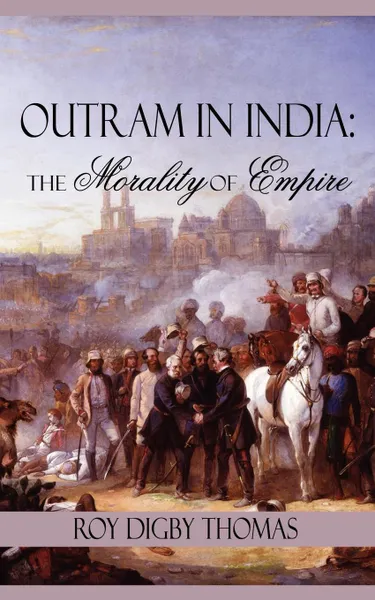Outram in India. The Morality of Empire 12+
📓 During the Indian rebellion of 1857, the siege of Lucknow was raised by Generals James Outram and Henry Havelock. Outram was hailed as a national hero, and his statue was erected on the Victoria Embankment in London. Yet throughout his long and eventful career in the Indian army he was frequently at odds with his superiors. Promotion and preferment came slowly, and he was not a wealthy man when he died.Always the outsider, his ideas were ahead of his time: he believed that the way forward in India was to work with the local people, and not rule over them. His actions frequently brought him into conflict with established British practice, and in the process raised fundamental questions about the morality of empire, as practised by the English East India Company.As a soldier Outram distinguished himself in action. He was a fearless yet thoughtful leader who was revered and idolised by his men and whose tactics frequently surprised his enemies.This book sets out the dramatic events which took place during Outram's career in India, from 1820 to 1860, and attempts to place his life in the context of the times in which he lived. It shows how the British presence in India changed that country irrevocably, for good and bad.
Мнения
